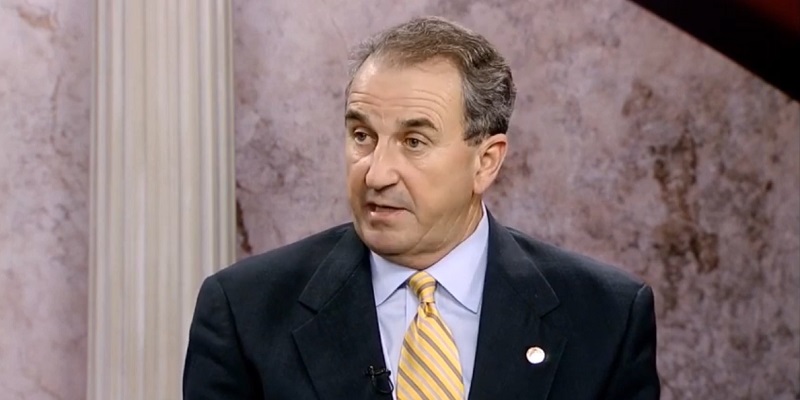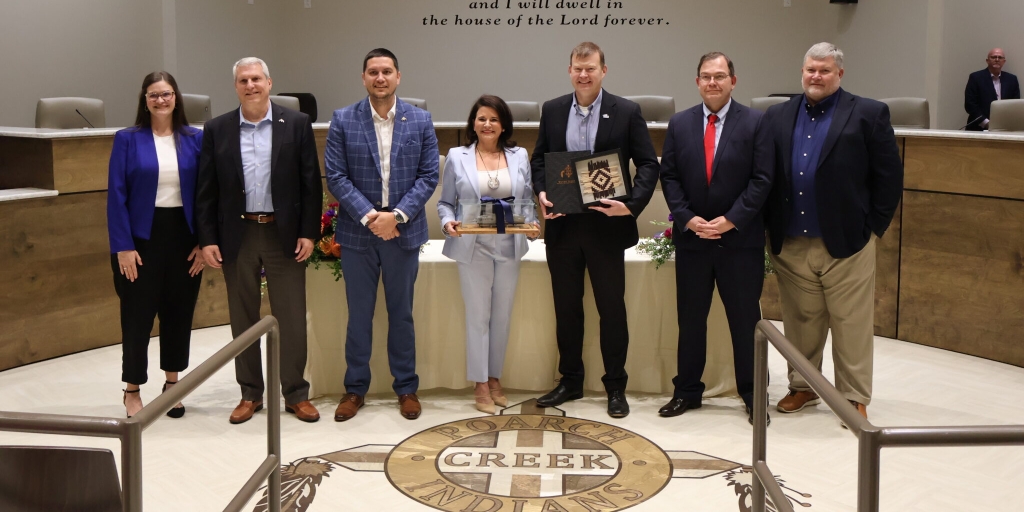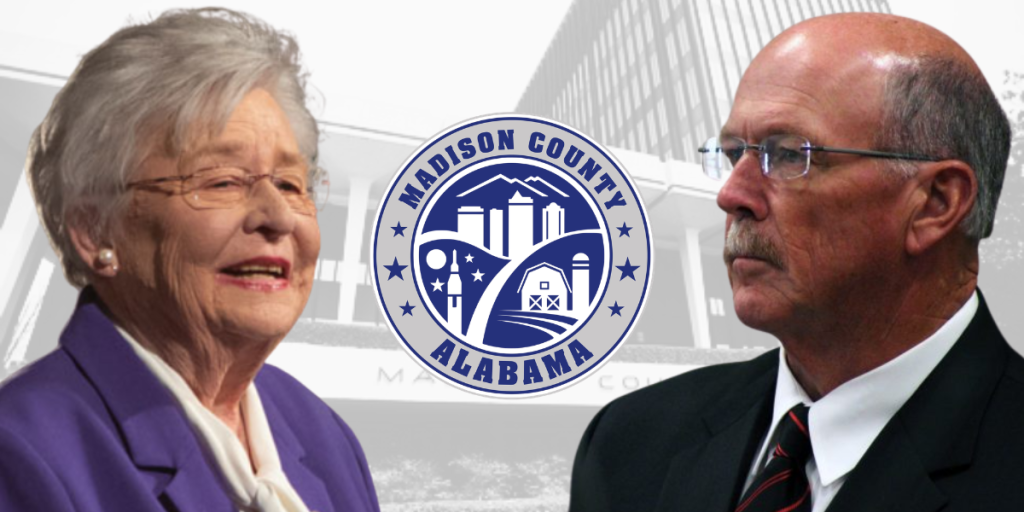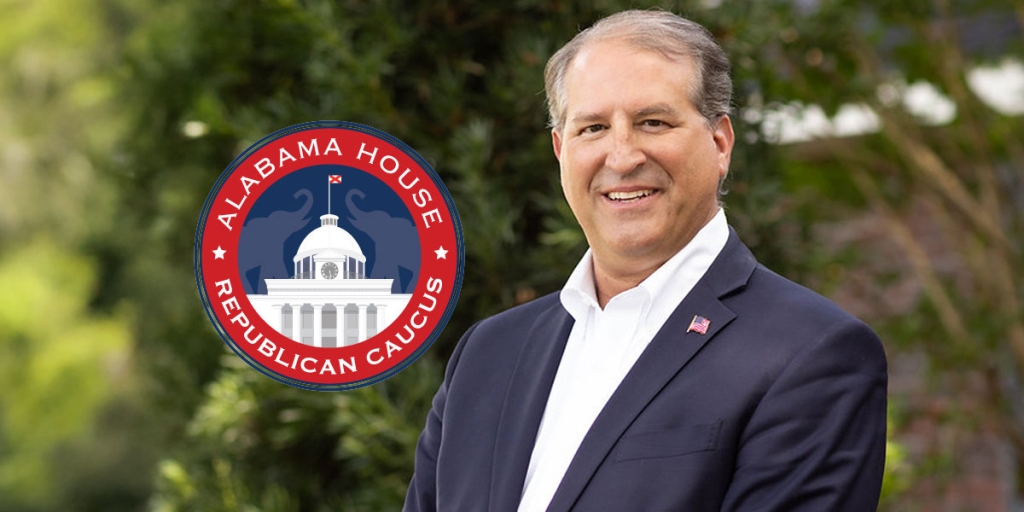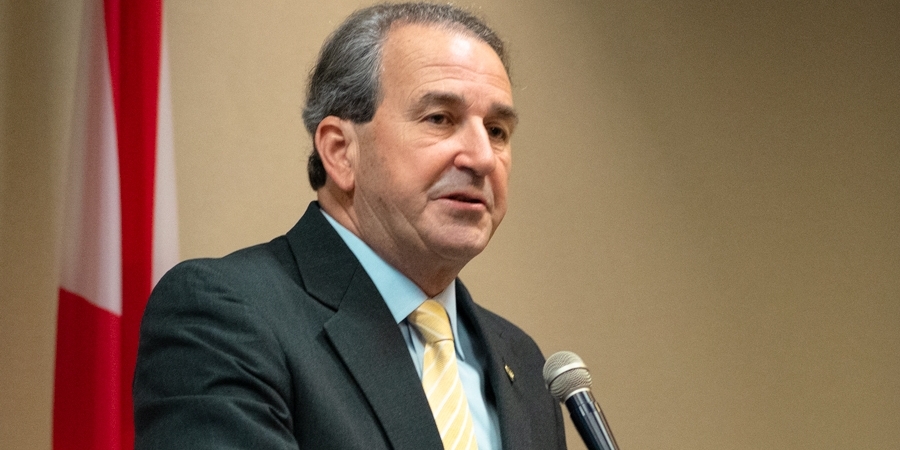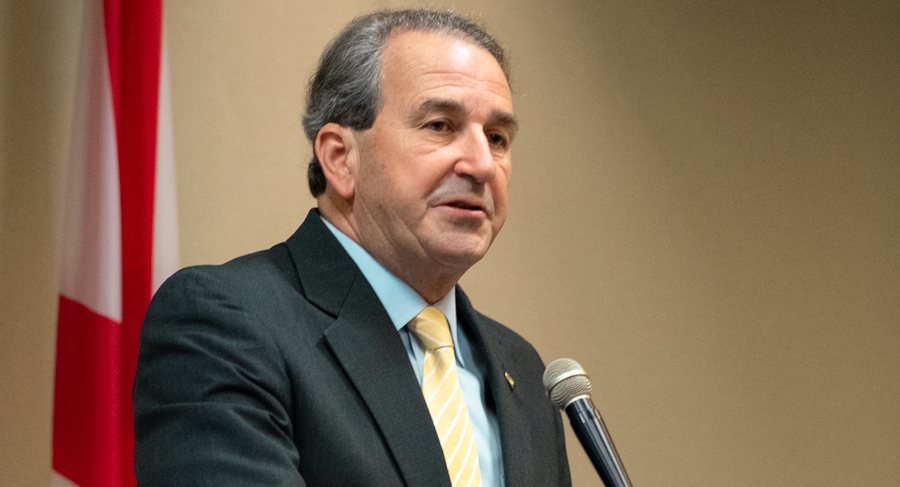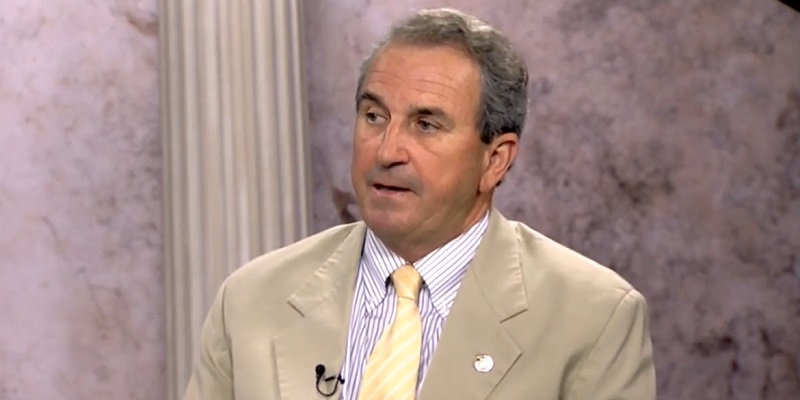When the Alabama Legislature adjourns sine die next week, another year will have come and gone without the body taking time to address the state’s prison problem, which is the focus of legal action taken by the federal government late last year.
Governor Kay Ivey had signed agreements on two lease-build proposals earlier this year. However, as the political environment had changed in recent months, lenders have been reluctant to provide financing for private prison contracts, which has imperiled the Ivey administration proposals.
During an appearance on Mobile radio FM Talk 106.5’s “The Jeff Poor Show,” State Rep. Steve Clouse (R-Ozark), the chairman of the House Ways and Means General Fund Committee, indicated he saw no way around a special session to deal with the long-standing prison issue given the challenges presented to the Ivey proposal.
“I think we’ll be in a special session to deal with this issue,” he said. “We don’t have a choice anymore. We’ve been talking about this for five years — since Governor Bentley put forth the bond issue proposal in the ’16 session that came close to passing. It passed the Senate pretty overwhelmingly and narrowly passed the House with a little bit different version, then the senate added a different amendment to what we did, and it came down to one of those last night deals again where we couldn’t get it across the goal line by midnight. And I thought we would pass it in ’17 after a lot of the issues had been worked out, and the newness of it had worn off. But then, Governor Bentley had his problems and resigned from office in the middle of the ’17 session. That basically wrapped that up. Then, ’18 was an election year. We didn’t take it up then.”
“I really thought we should have taken it up in a special session in 2019 during the regular session right after we passed the gas tax,” Clouse continued. “But, you know, there was disagreement on doing that at the time to see what this lease-build issue looked like. We thought it was going to get some type of proposal by the end of ’19, and it didn’t happen. And it finally came around, September 2020, and then the legislature wasn’t able to see any of those details, which I wish we had have been because I think the plug should have been pulled as soon as they came out with those proposals 7-8 months ago. I think we could have saved ourselves a lot of time and money and could have gone ahead and addressed this bond issue at that time.”
Throughout 2019, lawmakers pointed to 2020 for a possible resolution to prisons, but the COVID pandemic interfered with those plans, according to Clouse.
“Of course, the 2020 [session] — obviously, that session and the whole year was dominated by COVID, and it was difficult for us as a legislative body, and still is — but not as bad as it was — to operate, particularly in the House with everybody spread out all over the place. So, we’ve had a lot of unusual things this whole time over the last five years that have happened and just some bad luck, and maybe not taking the bull by the horn and moving forward with it. But I don’t think we’ve got a choice now — we’ve got to have some new prisons. We’ve got prisons that are dilapidated and falling apart. This is not an answer to all the problems, but you’ve got to have that foundation there. It’s just time we move forward on it.”
According to the Dale County lawmaker, should the legislature pursue prisons in a special session, it would likely mean different plans from the ones proposed by Ivey.
“[W]e’ve already got the land,” Clouse explained. “There’s no need to go out and buy new property. All the proposed sites where we’re buying new property — I mean, the folks who live in those areas, they don’t want it. And so, you know, that’s an issue there for those folks. And I think the main issue, though, is once this bond issue is paid for in 30 years versus a lease program over 30 years is we own the buildings. If they’re built properly, and hopefully they would be in this day and age, they can last 70 to 100 years, you know?”
Clouse acknowledged prisons have long been neglected in Alabama but said that was not out of the norm for any state in the country.
“There’s no question — we’ve had a gun to our head for at least the last five years,” he added. “So, we’ve gone, I would say, the last 40 years, and obviously, I haven’t been in the legislature that long — but I’ve kept up with it that long, underfunding the Department of Corrections, probably $50 million a year. I mean, they’ve got now a $650 million budget. Over 40 years, that’s $2 billion. We’ve always had issues with the general fund budget, always having to borrow from Peter to pay Paul and make sure, particularly with Medicaid, do the minimum amount, so we get that federal match there, which is just billions of dollars, and prisons have always been put at the bottom of the barrel because nobody cares about prisons. They don’t have a constituency. A lot of its the legislature’s fault over the last at least 40 years, probably longer than that. It’s not just Alabama. It’s all over the country. All governments, even local governments — prisons and jails always come up last on funding needs.”
@Jeff_Poor is a graduate of Auburn University and the University of South Alabama, the editor of Breitbart TV, a columnist for Mobile’s Lagniappe Weekly, and host of Mobile’s “The Jeff Poor Show” from 9 a.m.-12 p.m. on FM Talk 106.5.




